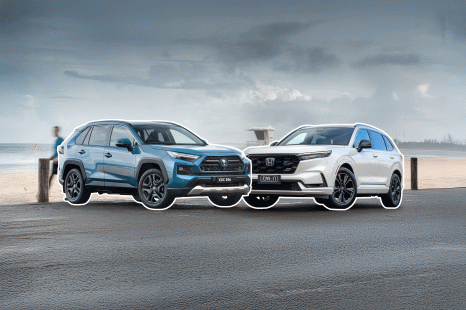

Andrew Maclean
Honda CR-V RS e:HEV vs Toyota RAV4 Edge Hybrid: Spec battle
6 Days Ago

Journalist
Two months ago Nikola looked set to be on the fast track to challenging the might of the Ford F-150 and Chevrolet Silverado.
Now, GM has pulled the plug on its extensive collaboration, and the startup is looking to concentrate on semi trucks.
Overnight the two companies announced they would not go ahead with the equity, production, and technology deal announced with much fanfare at the beginning of September.
The wisdom of the alliance was quickly called into question when fraud claims surfaced against Nikola and its founder Trevor Milton.
According to Bloomberg, as well as an investment firm which had shorted the startup automaker, Nikola falsely claimed it had a working prototype of its One fuel cell semi, as well as possessing technology to cut hydrogen production costs by 80 per cent.
Although both Nikola and Milton both denied deliberately misleading investors and the public, the founder “voluntarily” stepped down.
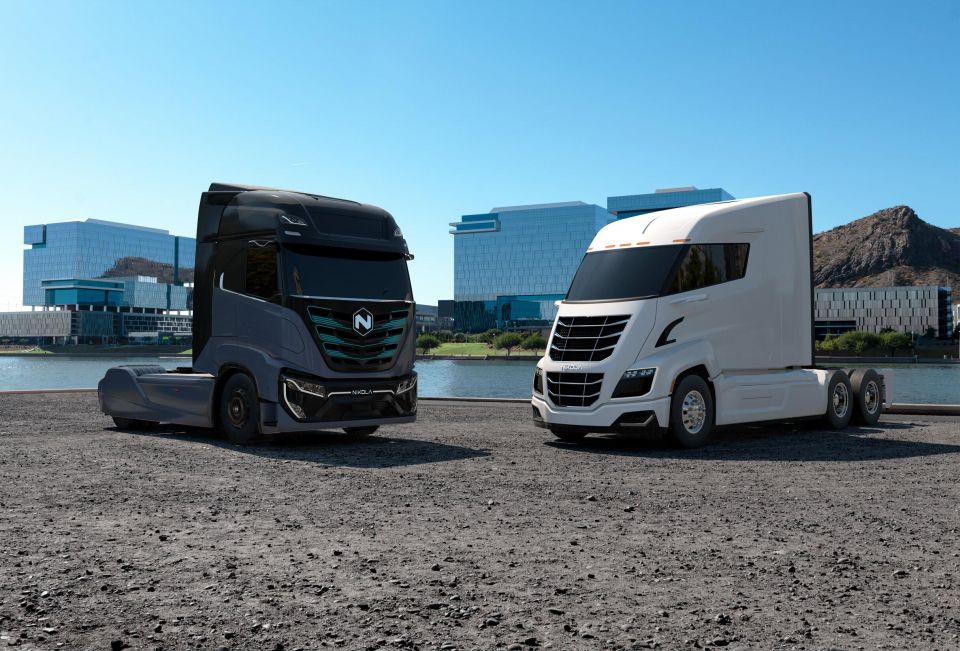
GM and Nikola have signed a new non-binding memorandum of understanding, which will see the General supply fuel cells for the Nikola’s semi trucks. There’s also a chance GM could also supply batteries for Nikola’s Class 7 and Class 8 trucks.
Although the full details of the new agreement have yet to be hammered out, GM says Nikola will be charged “cost plus [a fixed profit margin]” for these items and will also “pay upfront for the capital investment for the capacity”.
In the original deal announced in September, GM was to engineer the Nikola Badger ute to fit onto its upcoming EV platform. The Badger would be available in either pure electric form or with a hydrogen fuel cell, both using GM’s in-house technologies.
In addition, the General would Badger build it at one of its plants, invest $700 million ($958 million) in exchange for a 11 per cent stake in Nikola.
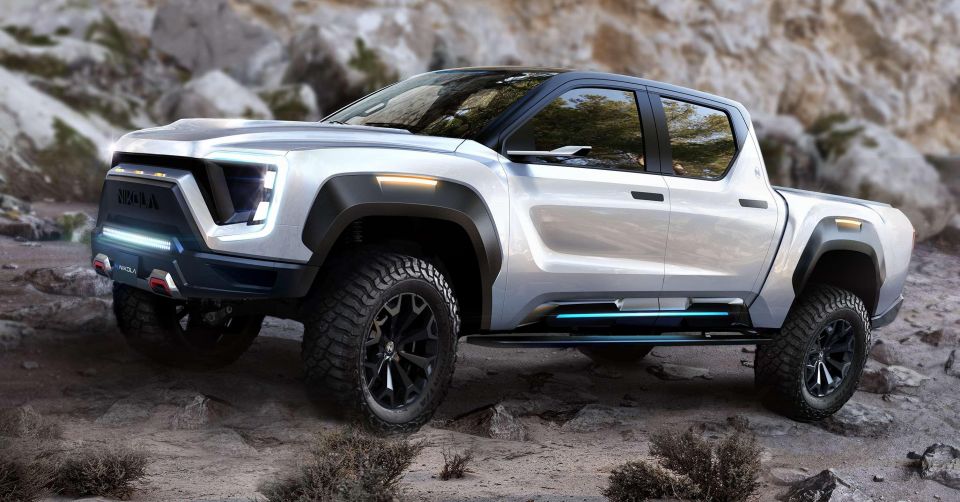
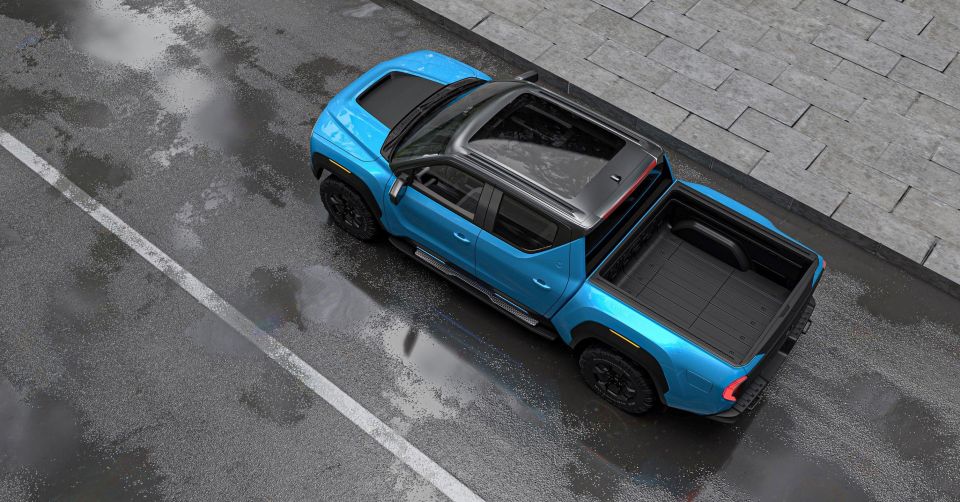
Nikola has removed headline references to the Badger ute on its website, and says it “will refund all previously submitted order deposits” taken for the car.
“We are excited to take this important step with GM, which provides an opportunity to leverage the resources, strengths and talent of both companies,” Mark Russell, Nikola’s CEO, said in a prepared statement.
“Heavy trucks remain our core business and we are 100 per cent focused on hitting our development milestones to bring clean hydrogen and battery-electric commercial trucks to market.”
The company says it plans to begin testing “beta prototypes” of its semis in the first half of 2022. No timeline has been given for its Badger, which originally set to enter production at the end of 2022.
Where expert car reviews meet expert car buying – CarExpert gives you trusted advice, personalised service and real savings on your next new car.
Derek Fung would love to tell you about his multiple degrees, but he's too busy writing up some news right now. In his spare time Derek loves chasing automotive rabbits down the hole. Based in New York, New York, Derek loves to travel and is very much a window not an aisle person.


Andrew Maclean
6 Days Ago
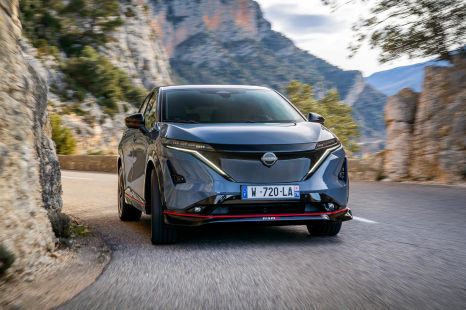

Shane O'Donoghue
5 Days Ago
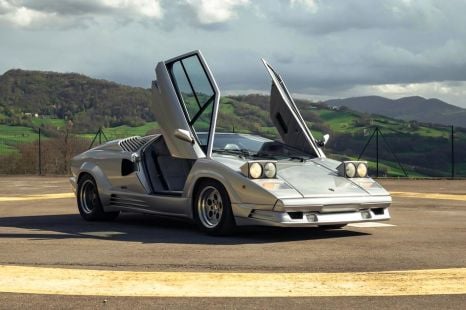

Anthony Crawford
4 Days Ago


Matt Campbell
3 Days Ago


James Wong
2 Days Ago


Max Davies
17 Hours Ago